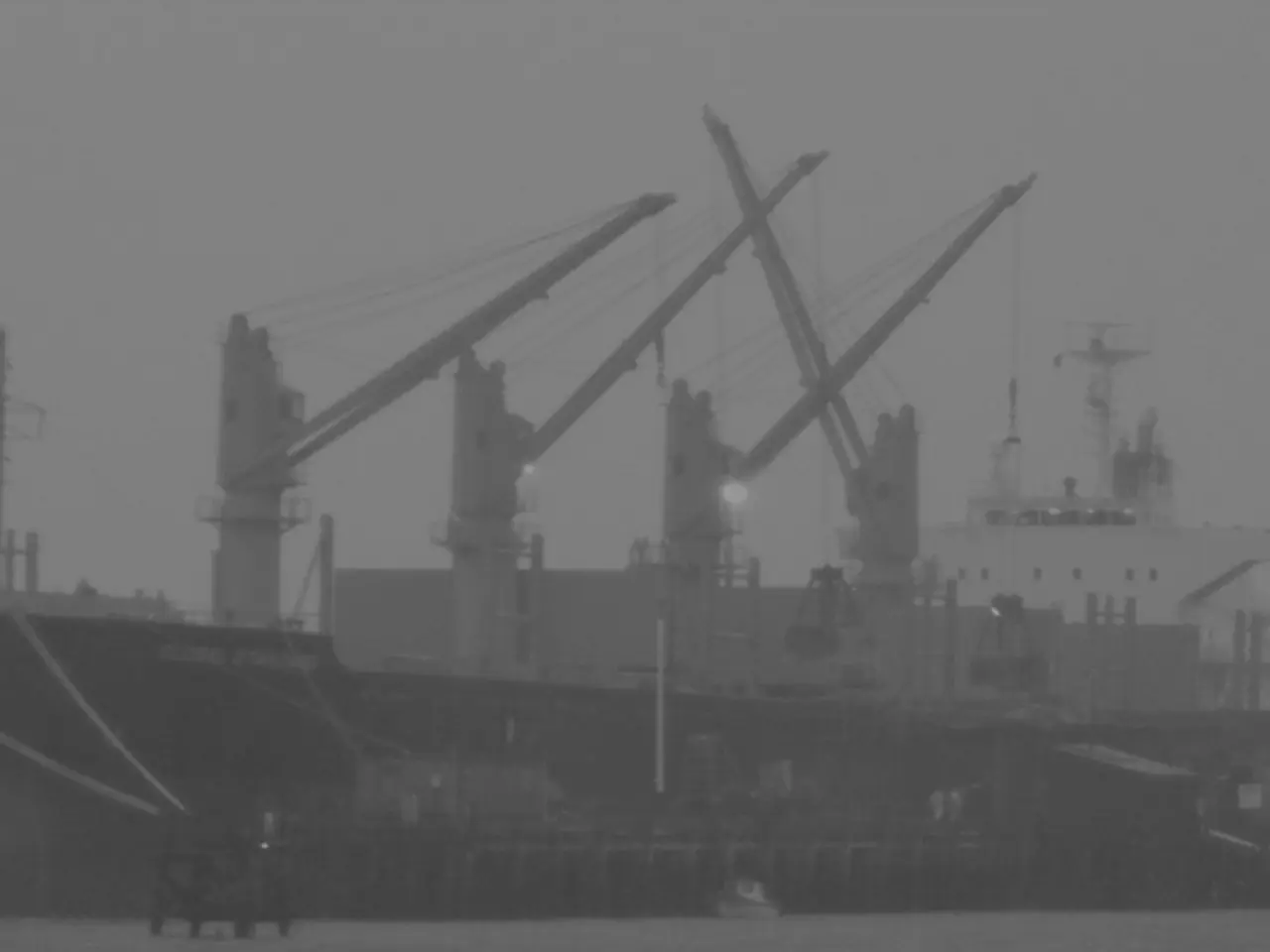Exploring Admiralty Law's Influence on Global Diplomacy and Interactions
Admiralty law, also known as maritime law, governs a broad range of legal issues associated with maritime activities, including shipping, navigation, and marine commerce. Central to this body of law is the jurisdiction over navigable waters, which includes oceans, seas, and certain waterways.
One of the foremost treaties defining maritime zones and establishing rules for navigation, resource exploitation, and environmental protection is the United Nations Convention on the Law of the Sea (UNCLOS). This convention outlines obligations for states to protect and preserve the marine environment, fostering compliance and responsible maritime operations.
Conflict resolution mechanisms in the context of admiralty law and international relations refer to the various methods used to address disputes that arise from maritime activities. Arbitration serves as a preferred conflict resolution method, offering a binding process where parties agree to submit their disputes to an impartial third party. This mechanism is often favored for its flexibility and speed compared to traditional litigation. In admiralty law, parties can select a neutral arbitrator or panel experienced in maritime matters, offering an efficient alternative to traditional court litigation.
Arbitration agreements in admiralty law often specify procedures and rules tailored to maritime issues, covering aspects such as salvage operations and charter party disputes. International conventions like the United Nations Convention on the Use of Electronic Communications in International Contracts support digital solutions for documentation and communication in arbitration processes.
The rise of autonomous ships and innovations in navigation systems necessitate new legal frameworks to address liability, safety, and environmental concerns in admiralty law. However, as of 2023, no nation has adopted a new international convention on the use of autonomous ships.
Judicial proceedings in admiralty law often involve issues such as ship collisions, cargo claims, and maritime contracts, necessitating specialized jurisdiction to address the intricacies of maritime law. Admiralty courts have the authority to adjudicate matters that arise in international waters, balancing domestic laws with international treaties.
Admiralty law influences international relations by regulating navigation rights and maritime boundaries, which can be contentious issues among nations. Collaborations between nations to combat piracy and illegal fishing will drive the adaptation of existing laws, requiring comprehensive legal frameworks to promote stability and protect maritime interests on a global scale.
Environmental considerations will shape the future of admiralty law, with regulations likely evolving to ensure compliance with international standards regarding marine pollution and climate change. The International Convention on Oil Pollution Preparedness, Response and Cooperation serves as a vital framework for addressing oil spills, enhancing response capabilities among nations.
The significance of admiralty law in international relations arises from the critical role maritime trade plays in the global economy, affecting a vast array of countries and their diplomatic interactions. The United Nations Convention on the Law of the Sea (UNCLOS) is one of the foremost treaties, defining maritime zones and establishing rules for navigation, resource exploitation, and environmental protection.
Moreover, the International Convention on Salvage, adopted in 1989, establishes a legal framework governing salvage operations at sea, addressing the rights and obligations of salvors and shipowners. These conventions and treaties demonstrate the importance of international cooperation in maintaining order and promoting responsible maritime practices.
Read also:
- visionary women of WearCheck spearheading technological advancements and catalyzing transformations
- Recognition of Exceptional Patient Care: Top Staff Honored by Medical Center Board
- A continuous command instructing an entity to halts all actions, repeated numerous times.
- Oxidative Stress in Sperm Abnormalities: Impact of Reactive Oxygen Species (ROS) on Sperm Harm








